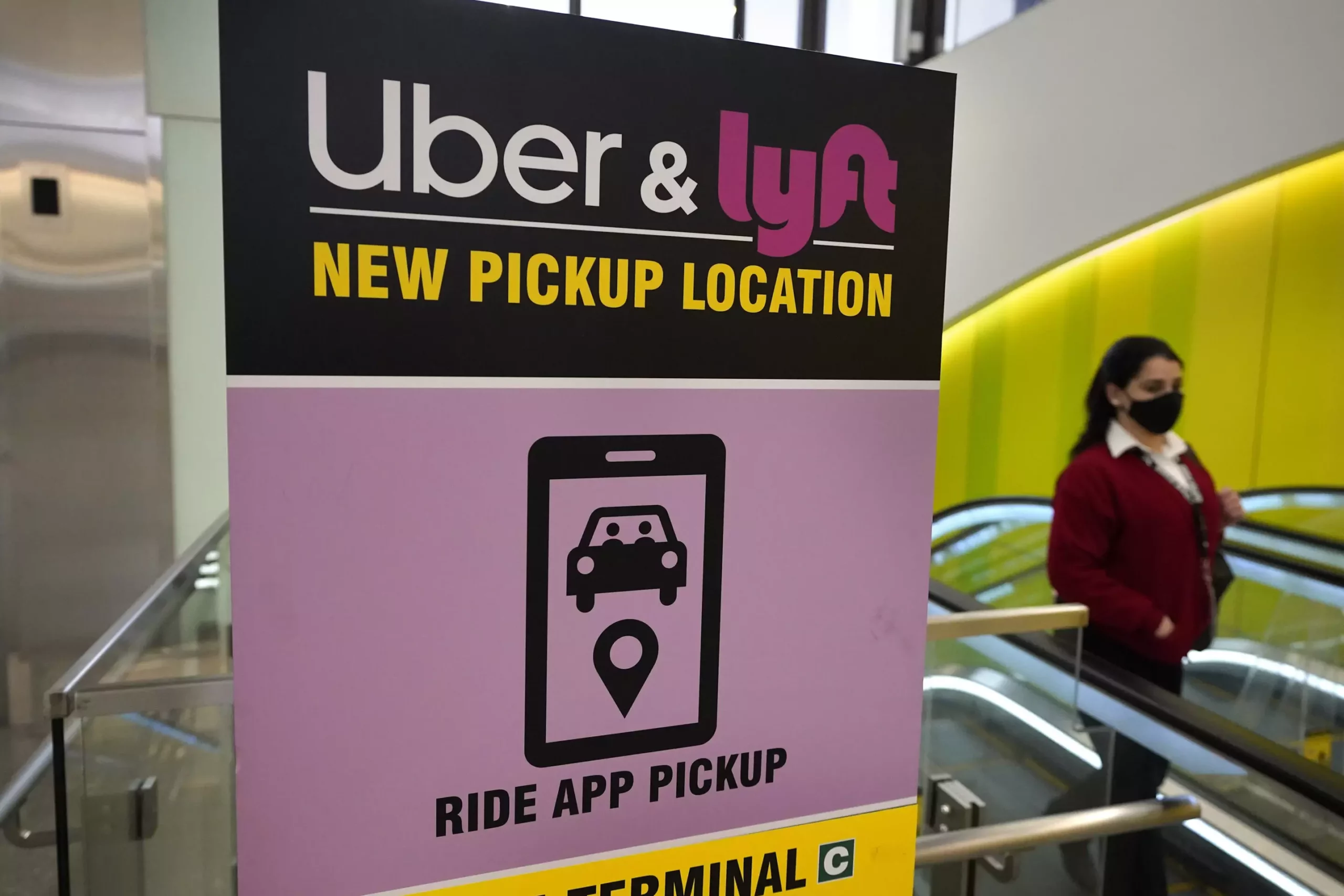Minneapolis has recently passed a city ordinance that requires ride-hailing companies like Lyft and Uber to pay their drivers at least $15.57 an hour, the local minimum wage. The ordinance also mandates a payment of $1.40 per mile and $0.51 per minute for the time spent transporting a rider, or $5 per ride, whichever is greater. This move has not been well received by Lyft and Uber, who have threatened to cease operations in the city come May 1. The city council members who supported the ordinance argue that it prioritizes workers’ rights over corporate greed, while Lyft and Uber claim that it would make their operations unsustainable.
Emmanuel Noah, a driver for both Lyft and Uber, has expressed concern over the potential loss of income if the companies follow through on their threat to leave Minneapolis. He believes that the drivers need to be heard and hopes that the companies are bluffing. On the other hand, passenger Jake Hay, who relies on ride-hailing services for transportation, believes that Lyft and Uber are making enough money to afford the wage increase for their drivers. He argues that they should prioritize fair pay for their employees over profits.
Past Attempts and Future Prospects
Minneapolis is not the first city to attempt to regulate the gig economy. The state of Minnesota previously passed a bill aimed at increasing pay and job security for Lyft and Uber drivers, but the governor vetoed it due to concerns about rising costs for riders. The ongoing battle between drivers, companies, and legislators has also been seen in other states like New York, where a minimum wage for delivery workers was established, and in California, where the classification of drivers as independent contractors has been a point of contention. President Joe Biden’s administration has recently introduced new standards on worker classification, which could have implications for companies like Lyft and Uber.
With Lyft and Uber threatening to leave Minneapolis and potentially other cities where similar ordinances are in place, there is a call for compromise. Some legislators are proposing statewide regulations to counteract local ordinances, while others are seeking a middle ground that ensures fair pay for drivers without driving the companies out of the market. The gig economy battle is far from over, and the outcome will have far-reaching implications for both workers and consumers who rely on services like ride-hailing. It remains to be seen how this ongoing conflict will play out in the months and years to come.


Leave a Reply